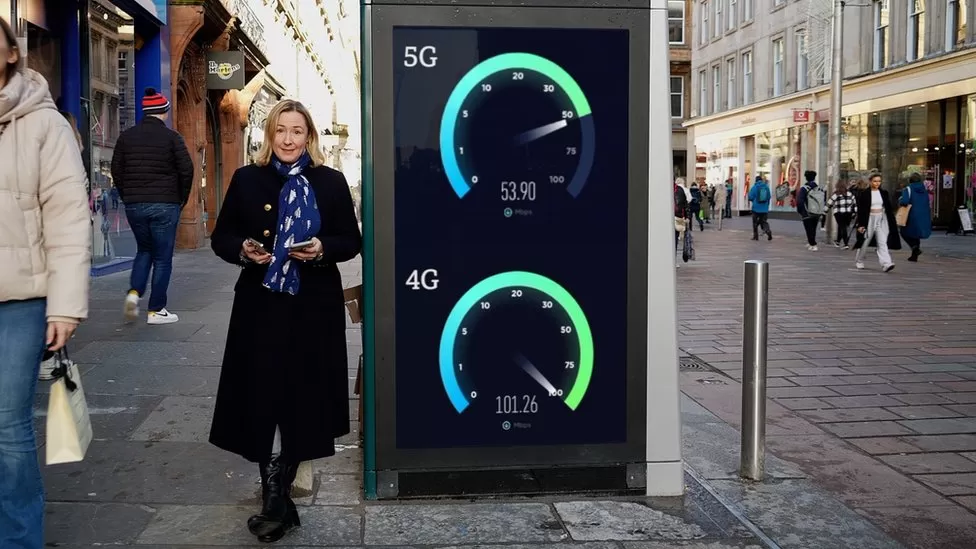
It is no secret that the UK’s rollout of 5G has faced its fair share of setbacks and challenges. From local objections and the need to obtain planning permission to the false linking of 5G to the spread of Covid-19, the deployment of the new technology has not been without controversy.
One significant factor that has likely contributed to the slower-than-expected rollout of 5G in the UK is the decision to ban Huawei products from the country’s 5G networks. In July 2020, the UK government announced that Huawei would be entirely removed from the country’s 5G infrastructure by the end of 2027, citing advice from the National Cyber Security Centre.
This decision came just months after the US imposed sanctions on Huawei, claiming that the company was acting against US national security interests. As a result of these sanctions, Huawei was barred from acquiring crucial components such as microchips and was forced to create its own operating system.
The decision to ban Huawei from the UK’s 5G networks has been a contentious one, with some arguing that it was made under pressure from the US rather than for genuine security concerns. Vince Cable, a former Business and Industry minister in the UK, has even gone so far as to claim that the decision “had nothing to do with national security” and was taken “because the Americans told us we should do it.”
According to author Richard Kerbaj, a delegation of US officials dismissed their British counterparts’ report about the safety of Huawei’s 5G equipment and literally shouted down their allies from across the pond for several hours straight in a Cabinet Office meeting in May 2019. A British intelligence official who was at the meeting claimed that US deputy national security advisor Matthew Pottinger “just shouted and was entirely uninterested in the UK’s analysis” on the safety of Huawei’s products. The US has also reportedly pressured other members of the English-speaking Five Eyes Alliance to ban Huawei, with New Zealand and Australia doing so in late 2018 and Canada following in May 2022.
Regardless of the motivations behind the ban, it is clear that it has had a significant impact on the rollout of 5G in the UK. The removal of Huawei equipment from the country’s 5G infrastructure is likely to have disrupted the deployment process and delayed the rollout of the new technology.
Furthermore, the decision to ban Huawei may have also had economic consequences for the UK.
Despite these challenges, the industry insists that everything is fine and that 5G is still an improvement on 4G. However, some analysts disagree, with Ian Fogg from OpenSignal suggesting that the 5G experience has been oversold by the market.
In light of these challenges, it is worth considering whether the UK should reverse its decision to ban Huawei from its 5G networks. While national security concerns are important, it is also crucial to consider the potential economic and technological impacts of such a decision.
The importance of global cooperation in the telecommunications industry cannot be overstated, as the exclusion of a major player like Huawei can have far-reaching consequences. It is possible that the UK could benefit from reconsidering its decision and allowing Huawei to play a role in the rollout of 5G in the country.





